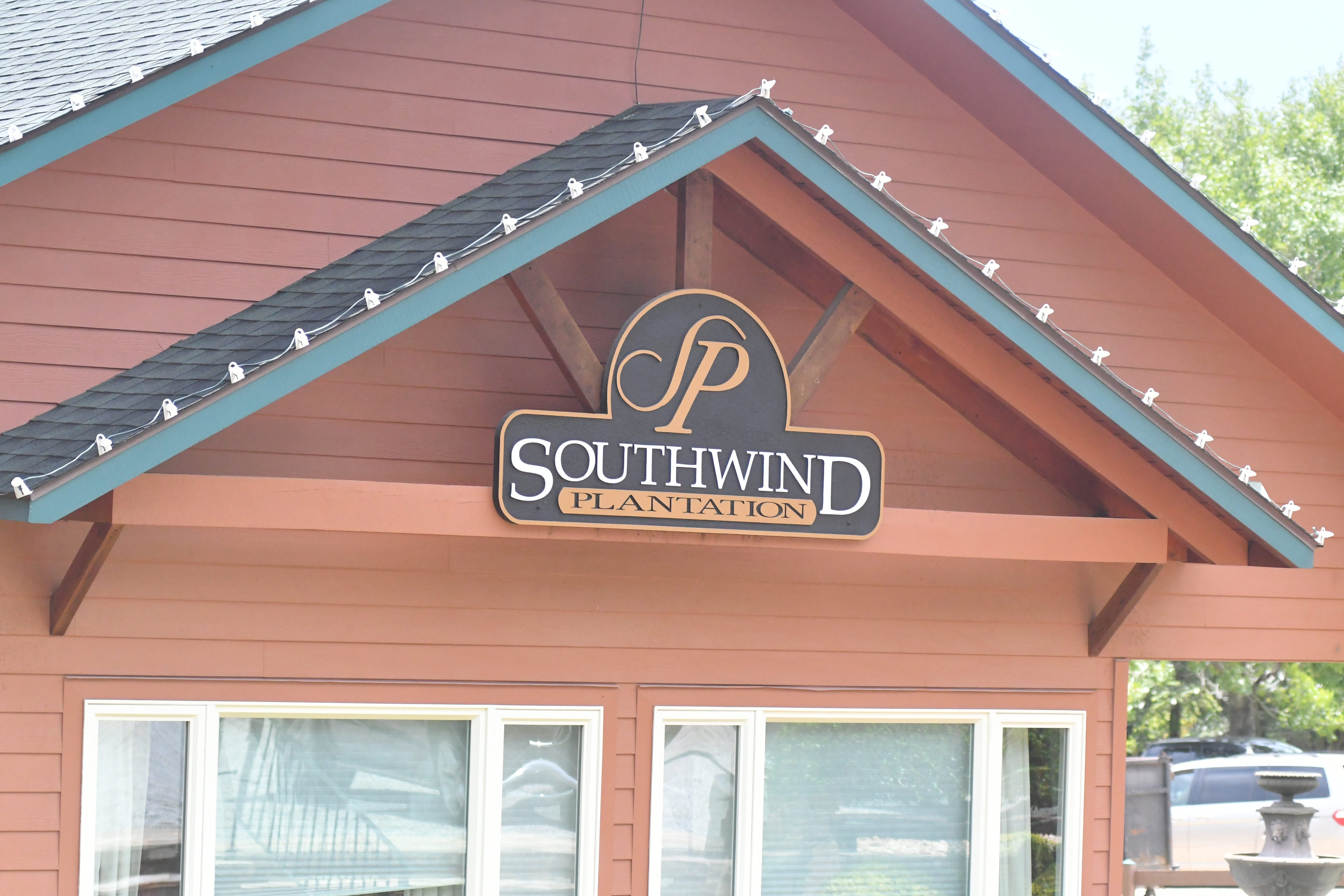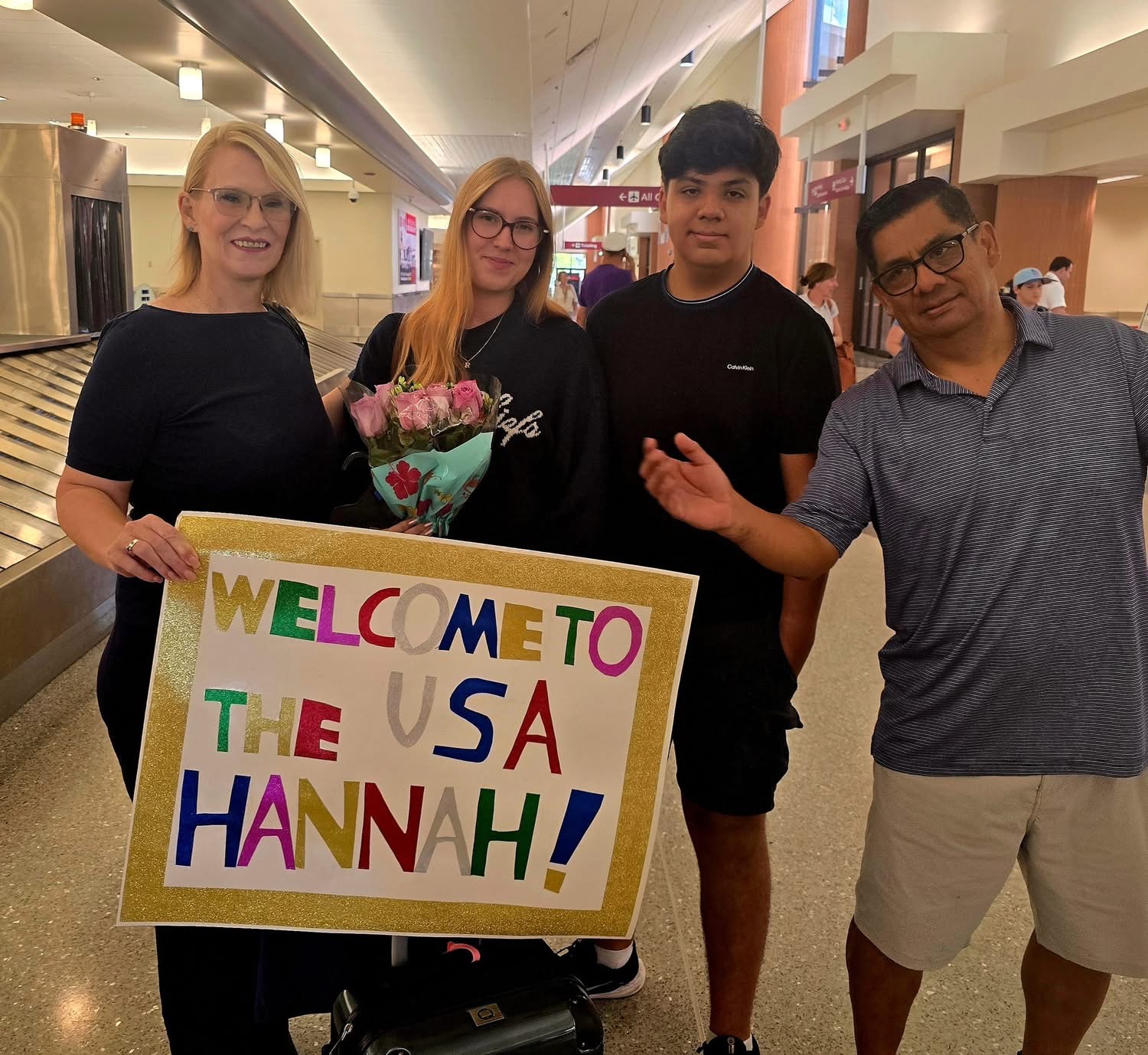Community newspapers: A vital cog in democracy
Published 7:44 am Friday, April 19, 2013
Buried somewhere in my parents’ house in Watkinsville is a stack of aged newspapers — copies of the Athens Banner-Herald, The Oconee Enterprise and the dearly departed Athens Observer. You see, in my family, community newspapers have always been the chroniclers of family lore, of scholastic achievements, of the fleeting fame of youth.
In the bottom of that pile, I know, are some of my most prized possessions: stories I wrote as a budding journalist. The first-ever clip, written in the heat of a June night by a novice intern, told the gripping tale of an error-plagued Little League tilt between Athens Federal and Arby’s…or was it Arby’s and Burger King? I can’t recall, but I know that from the moment the Banner-Herald hired me on, life has never been the same.
I spent a couple of summers covering organized baseball in the Athens area 25 years ago, and recall vividly sitting in the newsroom, watching the real journalists doing their jobs, and thinking to myself, perhaps out loud, “That’s the best job in the world…”
Trending
It still is a great job, an important job, a job worth doing well. We’ve all followed the news about the news business, watching the drumbeat of layoffs at media companies large and small as the digital era ushers in a wrenching transition. Media managers are being asked to do more with less than ever before, with predictable results.
The somewhat myopic focus on all things digital belies the fact that in communities all over the country, community newspapers are thriving. The reason is simple and timeless: in so many communities the local newspaper remains a viable advertising vehicle and is the only source of verified, professionally-presented news and information. Municipal governance, justice and all of the other news that binds a community together still forms the basic covenant between a town and its newspaper, and whether it’s a local economic development story or a development in the public schools, the newspaper provides coverage people need.
It’s quite fashionable these days to be dismissive of the future of the press. Its many critics seem all too eager to write it off as some outdated anachronism of an earlier age. I find that attitude troubling, and more than a little puzzling, perhaps because I know that every day, in communities across the state of Georgia and across the nation, reporters, editors, photographers and designers toil thanklessly to keep us informed. Reporters sit through interminable public meetings, keeping a watchful eye on school boards and city councils, water districts and non-profits. They ask difficult questions of people less than thrilled to answer them, challenge assumptions, scrutinize assertions and shine bright light into dark corners of society.
In so doing, they provide an indispensable service to the democracy, offering its citizens an opportunity to inform themselves about the events of the day in a way that brings them meaning. The glare of the national news media sometimes obscures the fine work done by so many community journalists daily, soldiering on in these trying times, bringing us the news we need to raise our children, strengthen our communities and share our triumphs and our losses.
So let me take a moment to thank the countless journalists out there who aren’t splashed across the cable TV gabfests spewing opinion 24/7, but who instead tell the true stories of America — even if it is a humble Little League game on a warm Southern night. Community newspapers remain a rich part of the media diet, and for that, I am thankful.
Charles N. Davis is a professor at the Missouri School of Journalism and the facilitator of the Media of the Future Initiative for Mizzou Advantage. Davis has been chosen to be the next dean of the Grady College of Journalism and Mass Communication at The University of Georgia.





